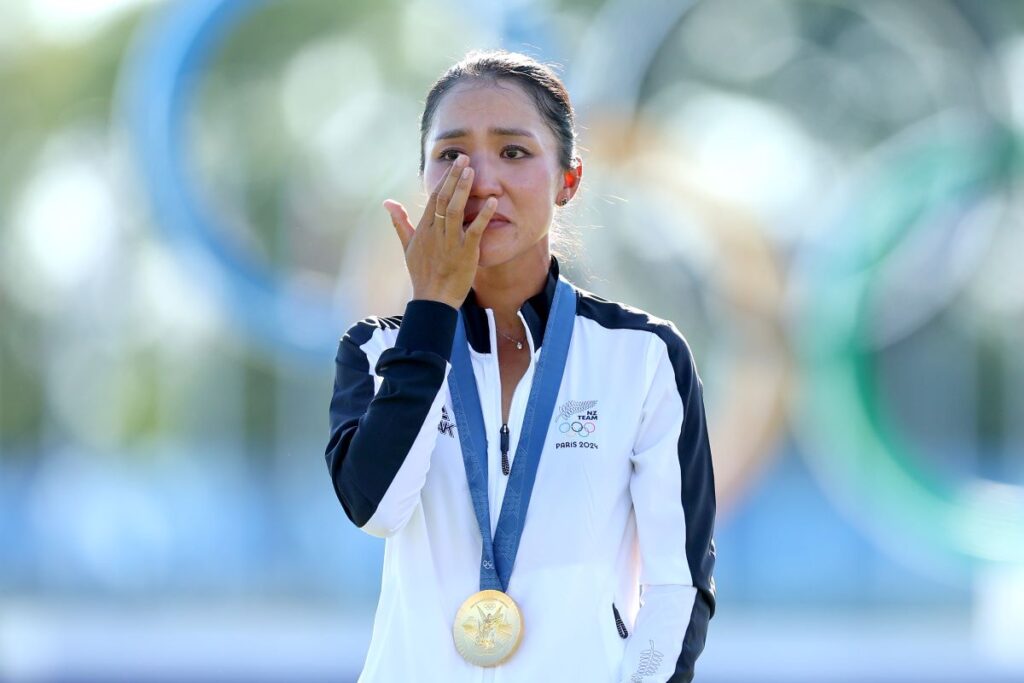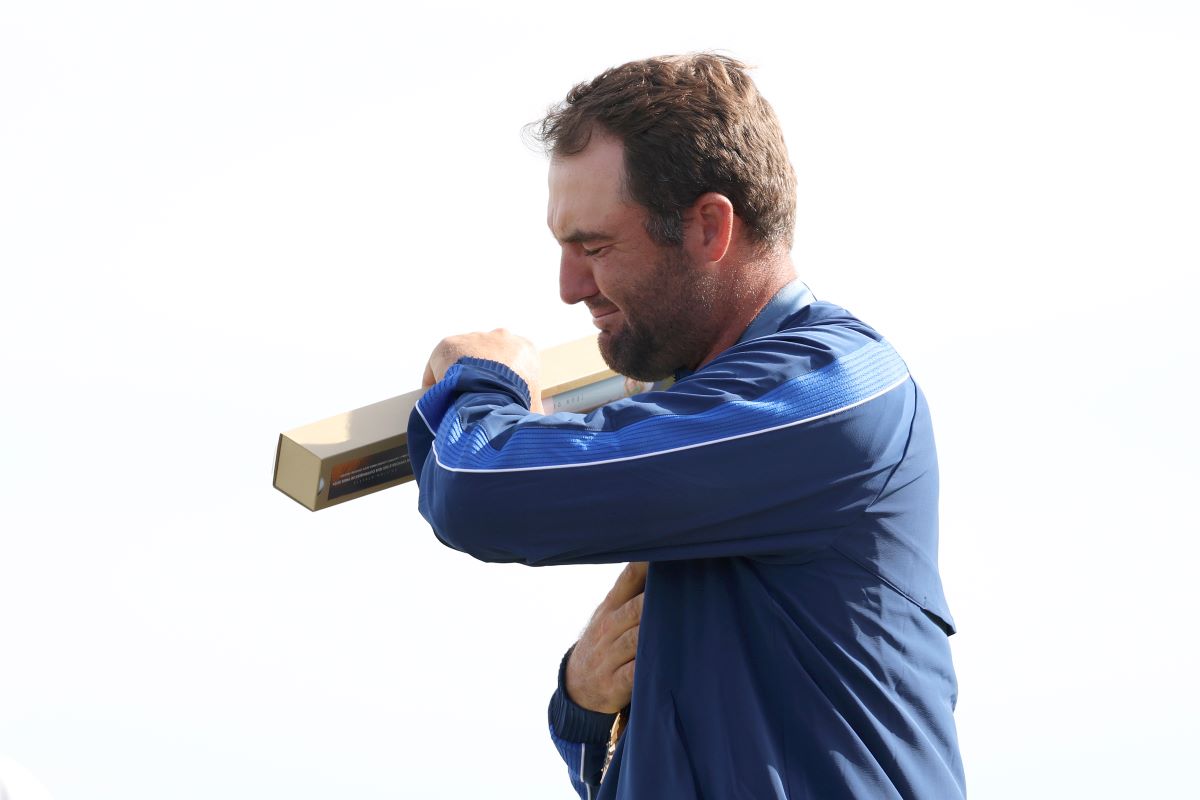A week after winning an Olympic Gold Medal and being reduced to tears as the Star Spangled Banner rang out at Le Golf National, Scottie Scheffler’s bank account received another seven-figure deposit as the $8,000,000 (less taxes) prize for topping the Comcast Business Tour Top 10 rankings was shelled out.
$8 million, and I’ll wager that he didn’t so much as crack a beer or pop a bottle of bubbly to celebrate. I mean, what’s another eight million when you’ve already banked $28 million and change in on-course earnings, probably doubled that off the course, and there’ll likely be another $18 million coming in three weeks’ time.
The Olympic Games are an incredible spectacle, make for fantastic television, shine a light on otherwise fringe sports that exist in virtual anonymity for the 206 weeks in between, and stir national pride in unrivalled fashion. But whiter than white, they certainly aren’t.
Back when I was a student at U.C.D., I took the ‘History of Sport’ module, delivered by Professor Paul Rouse, and given that I was a History student and sports fanatic, it was the most enjoyable single module I’ve ever taken. Among the many standout memories, however, was Rouse’s deep-seated dislike for the Olympics as an institution, for the corruption, the cheating, the way the Games have been used to promote political, ideological and racial agendas, and any number of other dirty little secrets that exist in the Games’ shadows.
I remain highly influenced by him and his opinions to this day, but in spite of this, I’ve still found myself watching the four subsequent Olympic Games and getting highly invested in dozens of the sports and the various disciplines and individuals within, even though the sceptic in me has a hard time believing that sport is cleaner now. Human nature is human nature, and the desire to be the best, coupled with the suspicion that opponents are doing anything necessary to get ahead, makes it all the more likely that most if not all of the elite performers are engaging in dark arts, but that’s another issue for another day.
But the removal of the obscene prizemoney that elite golfers – elite male golfers in particular – play for on a weekly basis adds a degree of purity. Don’t read that as being clean – the same motivations for bending if not breaking the rules exist in golf as they do in all other sports – but I speak of the purity of the competition rather than those competing within it.
I’ve now seen Scottie Scheffler in tears three times in the last 12 months. The first came at the Ryder Cup in Rome after Brooks Koepka and himself were subjected to a brutal beating by Viktor Hovland and Ludvig Åberg, the second came in his post-victory press conference at the Masters when he spoke of his faith and the third came atop the podium at Le Golf National.
With the exception of the Masters – and the same would be true if a Green Jacket were all that was on offer – money won and lost had zero bearing on the emotion. That is purity. That’s why Olympic golf will continue to grow in prestige and the Olympic Games in L.A. in 2028 will see the Gold Medal closer to being on par with the four majors than ever before.

Lydia Ko’s emotions ran on similar lines to Scheffler’s, although she’s had Silver and Bronze Medals from previous Games to prepare her for hearing the New Zealand National Anthem ring out with a Gold Medal draped around her shoulders.
When golf’s return to the Olympics was announced, I was as critical as anybody of the 72-hole strokeplay format, feeling that some form of team golf – Foursomes preferably – would provide the best spectacle and best story lines, but I think it’s time to row back on that. 72-hole strokeplay events are the best identifiers of worthy champions.
The addition of a third event – possible a mixed Foursomes – along with the Men’s and Women’s Individual events would be something worth pursuing, but there’s no denying that the format we have is a format that works.
It’s not that money doesn’t matter, and that each of the players eligible will be teeing it up over the next three weeks on the PGA Tour with huge financial incentives on the line is proof of that, but at least we know it’s not everything.
There’ll be smiles for whoever lands the big $18 million prize, but there’ll be no tears. And that says it all really.























Leave a comment